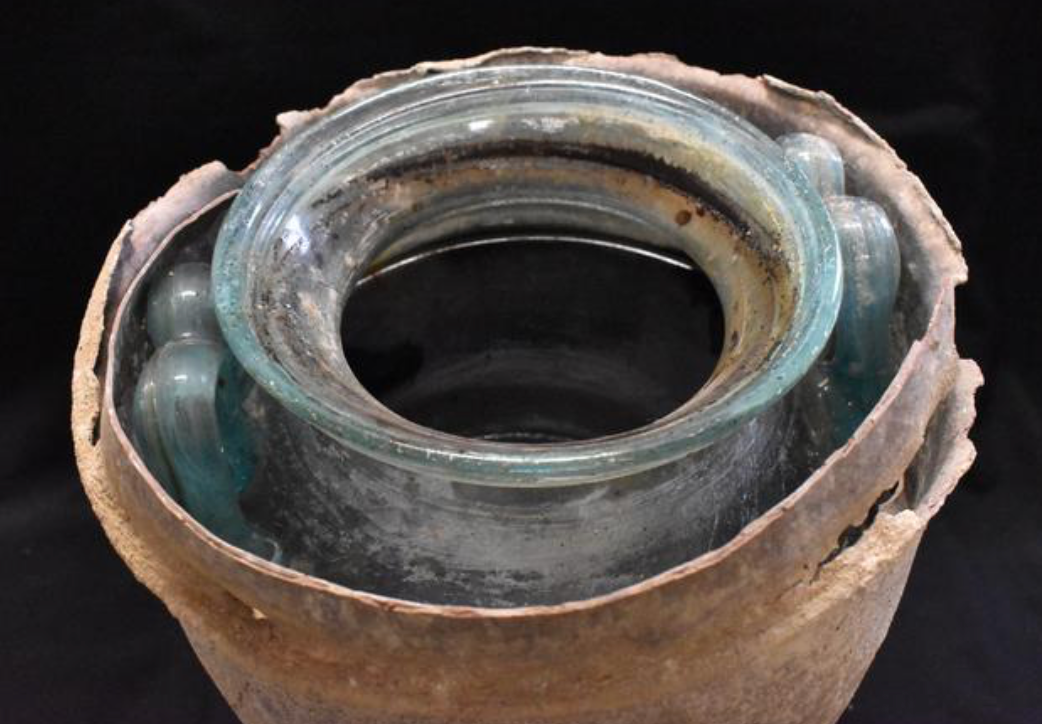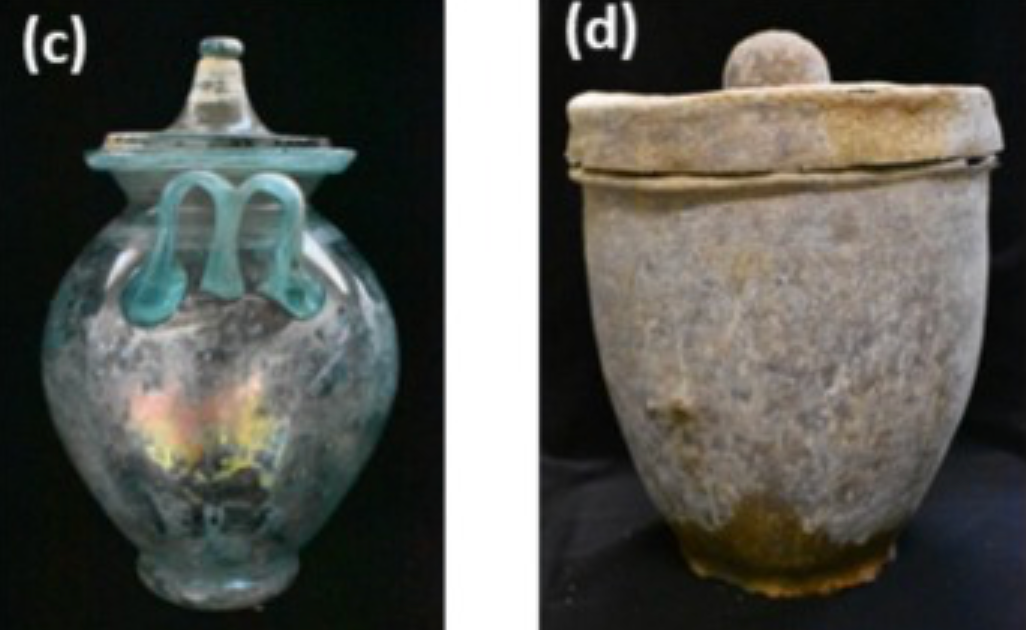‘Surprising’ discovery in world’s oldest wine reveals ancient Roman ritual
Glass urn containing wine was found in a tomb in Spain five years ago
Your support helps us to tell the story
From reproductive rights to climate change to Big Tech, The Independent is on the ground when the story is developing. Whether it's investigating the financials of Elon Musk's pro-Trump PAC or producing our latest documentary, 'The A Word', which shines a light on the American women fighting for reproductive rights, we know how important it is to parse out the facts from the messaging.
At such a critical moment in US history, we need reporters on the ground. Your donation allows us to keep sending journalists to speak to both sides of the story.
The Independent is trusted by Americans across the entire political spectrum. And unlike many other quality news outlets, we choose not to lock Americans out of our reporting and analysis with paywalls. We believe quality journalism should be available to everyone, paid for by those who can afford it.
Your support makes all the difference.The world’s oldest wine, discovered recently in a Roman tomb in Spain, has been found to contain a man’s cremated bones, shedding light on first-century funerary rituals in the region.
Archaeologists announced the discovery earlier this year of a strange liquid inside a 2,000-year-old glass urn of Andalusian origin which turned out to be the oldest wine ever found.
The urn had been discovered in 2019 in a Roman tomb in Carmona.
Now, researchers have found that a man’s cremated bones were immersed in the liquid in the first century AD.
The liquid, described in the Journal of Archaeological Science, predates the bottle of Speyer wine found in 1867 and dated to the fourth century AD.

“At first we were very surprised that liquid was preserved in one of the funerary urns,” Carmona’s municipal archaeologist Juan Manuel Román said.
To confirm that the liquid was indeed wine, scientists ran a series of chemical analyses to assess its pH, organic matter and salt content.
They then compared the chemicals detected in it to present-day Montilla-Moriles, Jerez and Sanlúcar wines.
The key to determining that the liquid was indeed wine was the discovery of chemicals called polyphenols, which are present in all wines.
Scientists found seven specific polyphenol compounds that are also present in wines from Montilla-Moriles, Jerez and Sanlúcar.
But determining the origin of the ancient wine has been a challenge since there are no samples from the period to compare the liquid to.

The presence of cremated bones, meanwhile, sheds more light on funerary rituals prevalent in the Spanish region in the Roman era.
The skeletal remains were immersed in the wine along with a gold ring. That the remains belonged to a man was “no coincidence”, archaeologists said.
They explained that women were prohibited in ancient Rome from drinking wine, which was considered “a man’s drink”. The urn’s ash content reflected the Roman society’s gender divisions in funerary rituals.
Another urn found in the tomb contained a woman’s remains but not a drop of wine. Instead, it contained three amber jewels, a bottle of perfume, with a patchouli scent, and the remains of silk fabrics.
The wine, perfume, rings, and other elements were placed in the tomb as a funerary custom stemming from the belief that they would be needed by the deceased in their voyage to the afterlife, researchers said.

Join our commenting forum
Join thought-provoking conversations, follow other Independent readers and see their replies
Comments